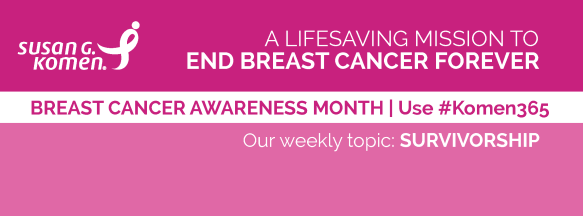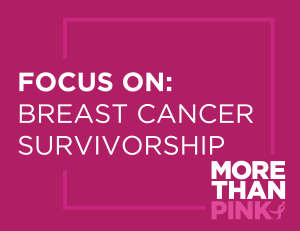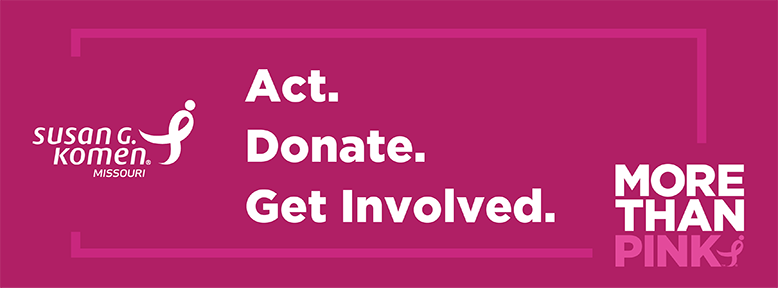 Being diagnosed with breast cancer can take a physical toll on your body, not to mention your intimate and sexual health. Breast cancer and treatment for breast cancer can sometimes make it difficult to be sexual and intimate with another person, and that is okay and natural.
Being diagnosed with breast cancer can take a physical toll on your body, not to mention your intimate and sexual health. Breast cancer and treatment for breast cancer can sometimes make it difficult to be sexual and intimate with another person, and that is okay and natural.
Self-Image
A woman’s breasts symbolize so many things, including motherhood, sexuality and being a woman. For some women, breasts now represent cancer. Most women, and their partners, will need to take time to grieve the loss of (or changes in) their breast(s).
Joining a support group may help you cope with the changes in your body and self-image. Remind yourself that healing takes time and at some point, you will become more comfortable with your new normal.
Accepting yourself as you are is all part of the process.
How to Talk with Your Partner
While there is no such thing as a perfect time to talk, certain times are better than others. Choose a moment when you are alone and relaxed. When you feel comfortable, give yourself and your partner permission to talk about your feelings, both good and bad. Above all else, be honest.
Your biggest fears. You may not feel pretty or worry that your partner finds you less attractive. You may be afraid your partner will reject or leave you due to your breast cancer.
Your partner’s fears. Your partner may be afraid of physically hurting you during sex. He/she may be confused or unsure of the best way to show support and affection and is waiting on you for cues on when to resume an intimate and/or sexual relationship.
Birth control. Treatments such as radiation or chemotherapy and tamoxifen can cause birth defects, so it is import to talk to your partner about birth control. After treatment, do not assume that you can no longer become pregnant.
Your “new” sex life. Breast cancer may change what you like to do and how you like to be touched during sex. You may not even want to have sex for a while, so it is important to talk to your partner about how you are feeling.
Other Things You Can Do
Get romantic. Bring romance back by planning a candlelight dinner, taking a bubble bath or other romantic gestures. Take the time to nurture your sexuality.
Go slow. Kissing and touching can provide pleasure and help with intimacy. Do not rush into something until you feel comfortable with it.
Get comfortable. Sex may be painful because of changes in your body, due to breast cancer treatment.
Try using water-based lubricants just before sex. To help with vaginal dryness, try an estrogen-free vaginal moisturizer. These products are available over the counter without a prescription. Since they do not contain estrogen, they’re safe for breast cancer survivors. If vaginal dryness is still a problem, contact your doctor.
Try something different. Change your sexual routine; try new things and have fun!
Get some advice. Consider seeking advice from a marriage counselor, sex therapist or joining a support group. You can go with your partner or by yourself.
Make sure to share this information with your partner. Getting the intimacy you need should not be your responsibility alone.
Learn more: http://ww5.komen.org/BreastCancer/SexandSexuality.html
We are celebrating National Breast Cancer Awareness Month. Connect with and follow Komen St. Louis and use #Komen365 to join in the conversation.
 Breast cancer survivors have an increased risk of getting a new breast cancer compared to those who have never had breast cancer. That is why it is important to get the follow-up care your doctor recommends. With proper follow-up, your doctor can keep track of how you are doing. This includes checking for and treating side effects. Follow-up care can also help ensure any recurrence of breast cancer can be found early when treatment is most effective.
Breast cancer survivors have an increased risk of getting a new breast cancer compared to those who have never had breast cancer. That is why it is important to get the follow-up care your doctor recommends. With proper follow-up, your doctor can keep track of how you are doing. This includes checking for and treating side effects. Follow-up care can also help ensure any recurrence of breast cancer can be found early when treatment is most effective.
